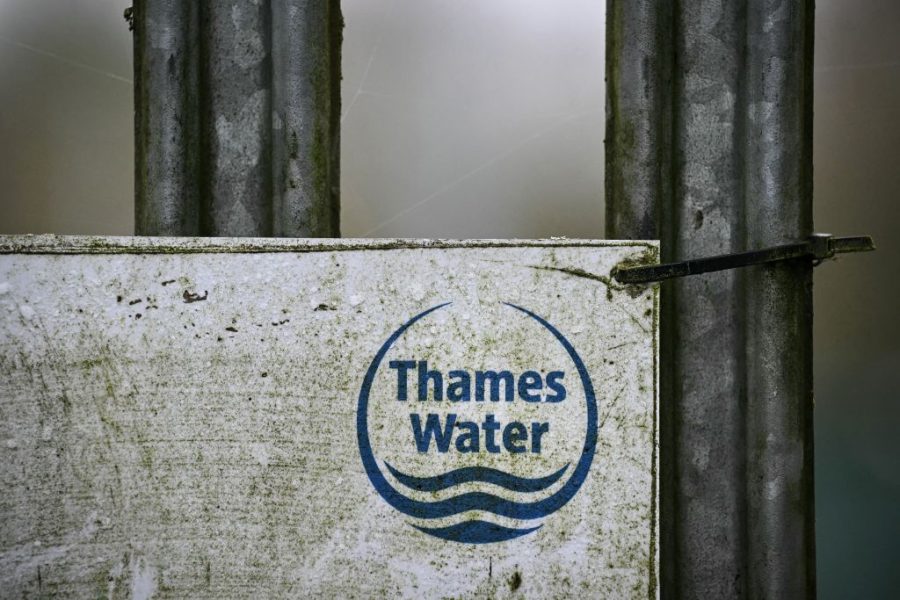Hurrah! We are going to get a new water regulator. Sir John Cunliffe’s independent water commission has recommended that Ofwat be abolished and replaced with a new body which also incorporates the drinking water inspectorate. It will be yet one more opportunity for a quangocrat to take a plumb job, while Ofwat’s bosses are pensioned off generously, no doubt. But what are the chances of getting rid of Thames Water, Southern Water or any other failing water company?
Water companies which get into financial trouble should be allowed to go bust
That doesn’t seem so likely. Rather, Cunliffe has pitched his report as an attempt to rebuild confidence in the existing water companies. It doesn’t recommend what the government should do when faced with businesses which have mortgaged their assets to pay themselves fat dividends and bonuses, failed to invest properly in new infrastructure – and which then go to the government with a begging bowl.
If the likes of Thames Water are not allowed to go bust, then just what was the point of privatising the water industry? Surely the two main objectives of privatisation are to transfer financial risk from the taxpayer to private capital and to improve performance by introducing competition. In the case of the water industry, neither was achieved. All it succeeded in doing was to swap a state monopoly for private monopolies, while water customers are left with the tab of picking up the pieces when water companies get into trouble.
It says all you need to know about the water industry that companies are still threatening hosepipe bans even after a sopping weekend when many places received half a month’s rainfall. Water companies bleat about climate change causing more droughts and therefore making rationing necessary; what they don’t say is that actually rainfall in Britain has increased by around 10 per cent over the past 60 years.
Why can’t they capture some of that extra water and provide the water we want rather than trying to patronise us by telling us how we could use less water? No significant new reservoir has been built in Britain since Kielder Water, which was completed in 1981. Thames Water once built a desalination plant but then chose not to use it even during a drought, saying it was too expensive. Water companies don’t really want to supply us with water – they remain stuck in a public sector rationing mindset, even though they act very much as private companies when it comes to paying salaries and bonuses.
The Cunliffe Review is a damp squib which will do little to improve the current situation. If we want a private water industry, it needs to be one with multiple players which compete to supply us with water, inviting us to choose between providers and tariffs. If that is too difficult to organise – and it is difficult to see how we could ever have more than one network of water pipes, so it would require complex market structures such as those which haven’t always worked well in the electricity and gas industries – then there is little point in keeping the industry in the private sector.
Water companies which get into financial trouble should be allowed to go bust and their assets picked up by the government from the receiver at the sort of discount you would expect when the assets of any failed company are auctioned off. I am no great fan of nationalised industry, but then at least we would have a monopoly which was accountable, unlike what we have now.
Instead, we look doomed to carry on pretty much as we have been for the past 35 years, with water companies choosing to sweat their assets rather than invest in new infrastructure, and a regulator rather than consumers deciding how much water we need and how much we should be paying for it. The only difference is that that regulator will have a new logo.








Comments